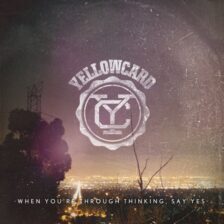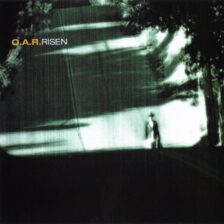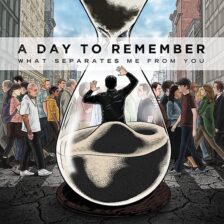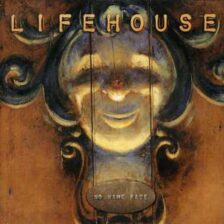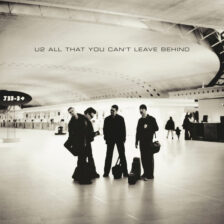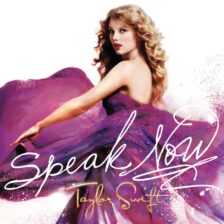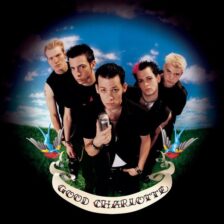These days, bands don’t really break up: they go on hiatus. Occasionally, you’ll get a band separating more deliberately – doing or saying or writing something that makes it clear this break is meant to be permanent. More often, though, bands just stay dormant until they want to do it all over again – the recording sessions, and the press interviews, and the grueling tours – and then they reconvene. From Fall Out Boy to My Chemical Romance to Blink-182 and beyond, this narrative has played out repeatedly in our little music scene over the years. 10 years ago this week, it happened with Yellowcard.
Yellowcard are unique in that they’ve had both types of endings: the temporary one, with a hiatus designed as an indefinite time away from the music industry; and the permanent one, with a proper send-off album and farewell tour. When the band announced their hiatus in April of 2008, though, most fans probably would have bet on that being the period at the end of the sentence. “It doesn’t have anything to do with turmoil in the band,” frontman Ryan Key said at the time. “It’s more of a…[we’re] facing adulthood now, and we can’t stay in Neverland forever. I think we just need a break.” The Peter Pan reference? The suggestion that rock ‘n’ roll is a young man’s game? The exhaustion that seemed to permeate the last sentence? These ingredients did not bode well for the return of America’s favorite violin-toting pop-punk band.
Read More “Yellowcard – When You’re Through Thinking, Say Yes”